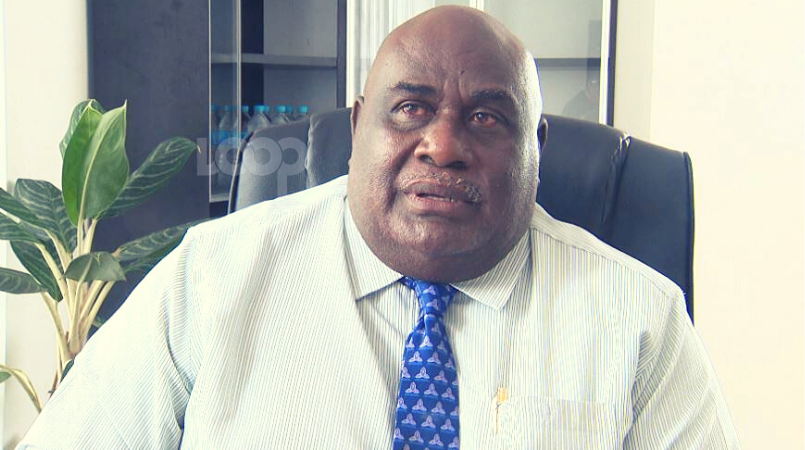
Telecommunications firms have at least eight weeks left to ensure all their users are registered.
Information and Communications Minister, Timothy Masiu, said March 31st is the deadline and the onus is on mobile network operators to ensure every user is accounted for.
Masiu outlined some of the reasons behind the deactivation of unregistered SIMS, saying the government needs to know the number of SIM card users in the country and some form of control needs to be in place to ensure laws and regulations are not breached.
“Our country is probably the last recipient of mobile phones, mobile telecommunication,” he said. “I can remember, before that we only had landlines. Mobile phone service is pretty new to this country; we have still not reached that level of fully understanding.
“There are people who would just pick up a mobile phone, have a SIM card in it and they think that they can just use it for anything and everything. They don’t know that you can be penalised.
“There are laws which guide the usage of mobile phones and of course the SIM cards are the important part of the mobile phone that make you talk.”
With the main argument being that the rural populace will be greatly affected if they are cut off, Masiu rebutted by saying around 20 to 30 percent of the rural population still does not have access to telecommunication services.
He further believes there will not be any hassle when it comes to registering people in remote areas.
“There are arguments about people who will identify them; we’re bogging ourselves down with that. According to the laws, there are people who have been given that mandate already to identify people. But all we want to do is register and make sure that these people continue to use their mobile phones, and that’s a responsibility of the operators now.”
However, the argument remains: the National Identification project, which was first introduced in late-2014, has only registered half a million people in four years in spite of getting over K230 million in funding from the State. And with over 80 percent of Papua New Guineans living in the rural areas, network operators are finding the current situation extremely difficult.
